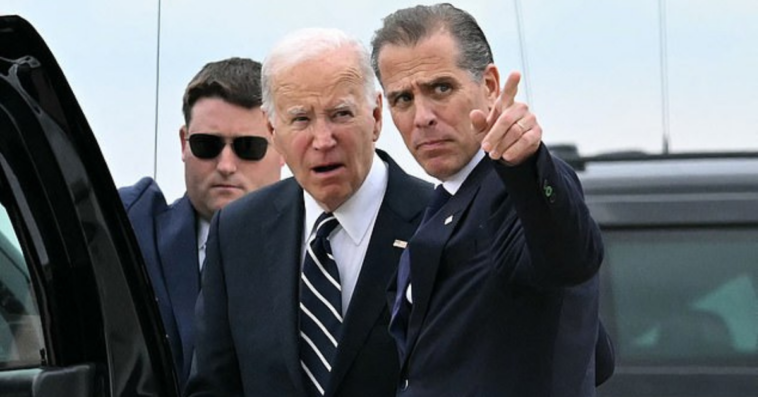In a move that caught both supporters and critics off guard, President Joe Biden announced on Sunday night that he would issue a full presidential pardon for his son, Hunter Biden.
The decision has drawn a storm of reactions across the political spectrum, reigniting debates about justice, fairness, and political influence within the legal system.
A Presidential Reversal: From No to Yes
Joe Biden had long maintained that he would not interfere in the legal proceedings against his son.
As recently as June, he unequivocally stated, “I will not pardon him,” drawing a clear line between his presidency and Hunter’s legal troubles. The White House echoed this stance multiple times, denying any intention of granting clemency.
But the president’s tune changed dramatically this weekend, as he issued a sweeping pardon covering all potential federal crimes Hunter may have committed between January 1, 2014, and December 1, 2024.
This timeframe notably includes Hunter’s controversial stint on the board of the Ukrainian gas company Burisma and his dealings in China.
In a statement accompanying the announcement, Biden accused the Department of Justice (DOJ) of selectively prosecuting his son for political purposes. He pointed out that cases like Hunter’s, particularly the gun charges, are rarely pursued so aggressively.
“It is clear that Hunter was treated differently,” Biden remarked. “No reasonable person who looks at the facts of Hunter’s cases can reach any other conclusion than that he was singled out only because he is my son—and that is wrong.”
The Legal and Political Context
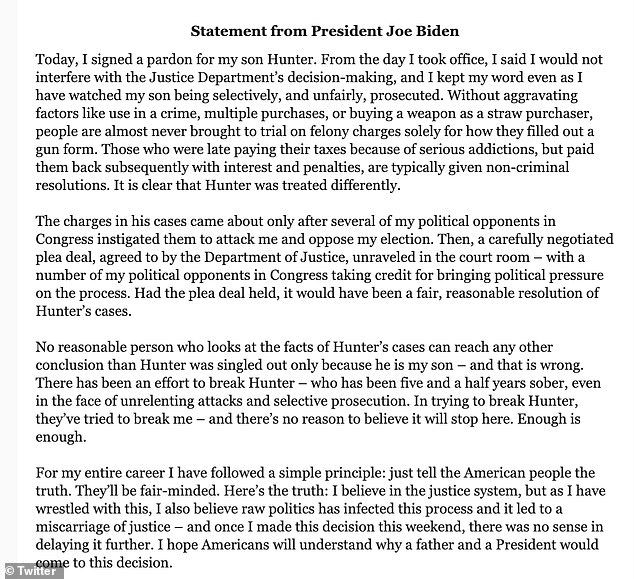
Hunter Biden’s legal troubles stem from two high-profile cases. The first involves federal gun charges, where he was convicted of lying on a firearm application by falsely stating he was not a drug user.
The second case centers around tax evasion and fraudulent tax filings, with Hunter accused of failing to pay substantial taxes over several years. Both cases could have resulted in significant prison time—up to 25 years for the gun charge and 17 years for tax fraud.
President Biden’s pardon effectively nullifies these cases, erasing Hunter’s legal liabilities and preventing any further prosecution for crimes within the covered period.
Critics, however, argue that the timing and scope of the pardon raise serious concerns. Some have speculated that the move is intended to shield not just Hunter but also other members of the Biden family from potential investigations into their business dealings.
Conservative commentator Liz Wheeler suggested that the pardon was a calculated effort to “protect his family’s criminal cartel,” referring to Hunter’s involvement with Burisma and other foreign ventures.
Others pointed to the upcoming political landscape. Former President Donald Trump, who has already announced plans to run in 2024, has promised to overhaul the DOJ if elected.
Trump’s allies, including Kash Patel—whom Trump has hinted could lead the FBI—have been vocal about targeting perceived political adversaries. “This pardon ain’t about the gun charge,” Wheeler asserted. “The Big Guy is protecting himself from Kash Patel.”
The Emotional Element: A Father’s Love
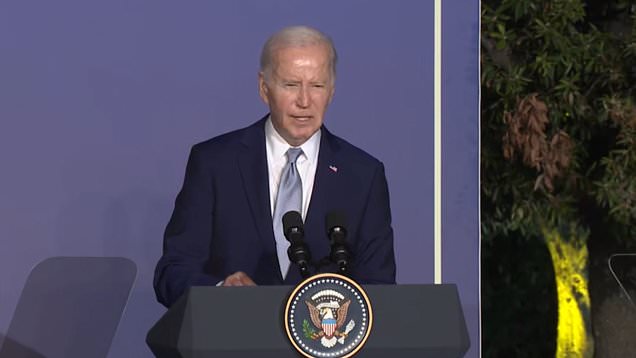
While much of the discussion has focused on the legal and political ramifications, President Biden emphasized the personal nature of his decision. “In trying to break Hunter, they’ve tried to break me,” he said. “And there’s no reason to believe it will stop here. Enough is enough.”
Biden acknowledged that his love for his son played a significant role in his decision-making but maintained that his choice was rooted in fairness and justice. “I believe in the justice system,” Biden explained, “but raw politics has infected this process, leading to a miscarriage of justice. Once I made this decision, there was no sense in delaying it further.”
Hunter Biden, who has struggled with addiction for years, also released a statement, expressing gratitude and a renewed commitment to his sobriety and personal growth. “I have admitted and taken responsibility for my mistakes during the darkest days of my addiction,” Hunter wrote.
“Despite all of this, I have maintained my sobriety for more than five years because of my deep faith and the unwavering love and support of my family and friends.”
He further pledged to use his second chance to help others: “I will never take the clemency I have been given today for granted and will devote the life I have rebuilt to helping those who are still sick and suffering.”
Historical Precedents and Comparisons
Presidential pardons are not uncommon, particularly during the final days of a presidency. Gerald Ford famously pardoned Richard Nixon in 1974 for any crimes related to the Watergate scandal, a move that remains one of the most controversial in U.S. history.
Bill Clinton issued 140 pardons on his last day in office, including one for billionaire Marc Rich, a fugitive charged with tax evasion and fraud.
Family-related pardons are also part of this tradition. Clinton pardoned his brother Roger for a cocaine-trafficking conviction, and Donald Trump granted clemency to Charles Kushner, the father of his son-in-law Jared Kushner.
Critics argue that these actions, while legal under Article II, Section 2 of the Constitution, often blur the lines between justice and personal or political loyalty.
Political Reactions and Fallout
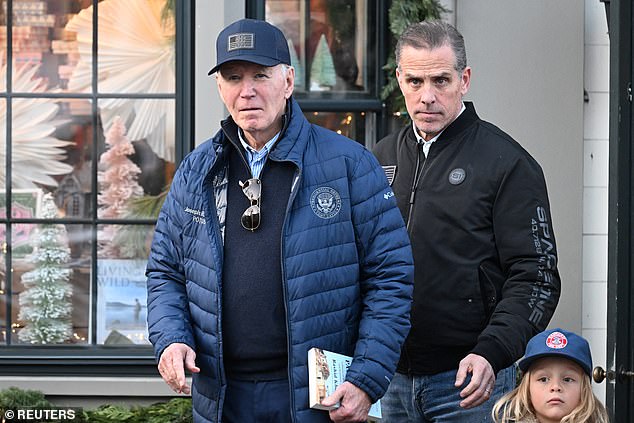
The pardon has drawn sharp criticism from Republicans and conservative commentators. Greg Price called it “incredible” and pointed out the overlap between Hunter’s pardon period and his tenure at Burisma. “You can’t make it up,” Price tweeted.
Former President Trump’s camp also weighed in, with spokesperson Steven Cheung accusing the Biden administration of weaponizing the justice system for political gain.
On Truth Social, Trump himself questioned whether the same leniency would be extended to those charged for their involvement in the January 6 Capitol riots, a recurring grievance among his supporters.
Despite the backlash, some legal analysts believe the pardon was inevitable given the intense scrutiny and political pressure surrounding Hunter’s cases.
Abbe Lowell, a key member of Hunter’s legal team, described the situation as a “seven-year saga propelled by an unrelenting political desire to use a son to hurt his father.”
Looking Ahead
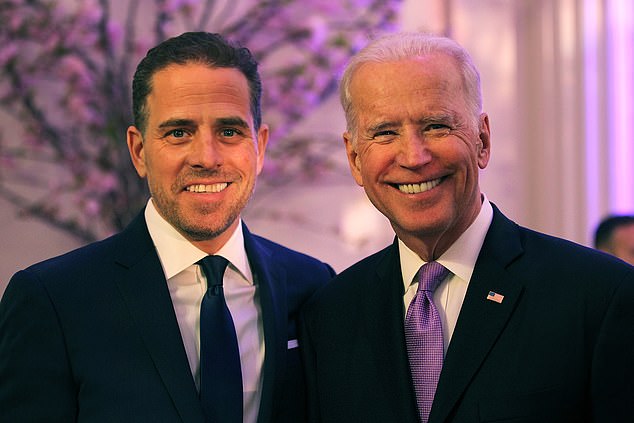
As the dust settles, the nation is left to grapple with the broader implications of President Biden’s decision. Will it be seen as a compassionate act of a father defending his son against political persecution, or as a calculated move to protect his family’s interests?
What is clear is that this chapter in the Biden family saga has added another layer of complexity to an already polarized political landscape. And as 2024 approaches, the story of Hunter Biden—and his father’s presidency—will likely remain a focal point in America’s ongoing political discourse.
What are your thoughts on President Biden’s decision to pardon his son, Hunter? Do you see it as a father’s love, a miscarriage of justice, or something else entirely? Share your thoughts in the comments below, and don’t forget to share this article with your family and friends to join the conversation!

